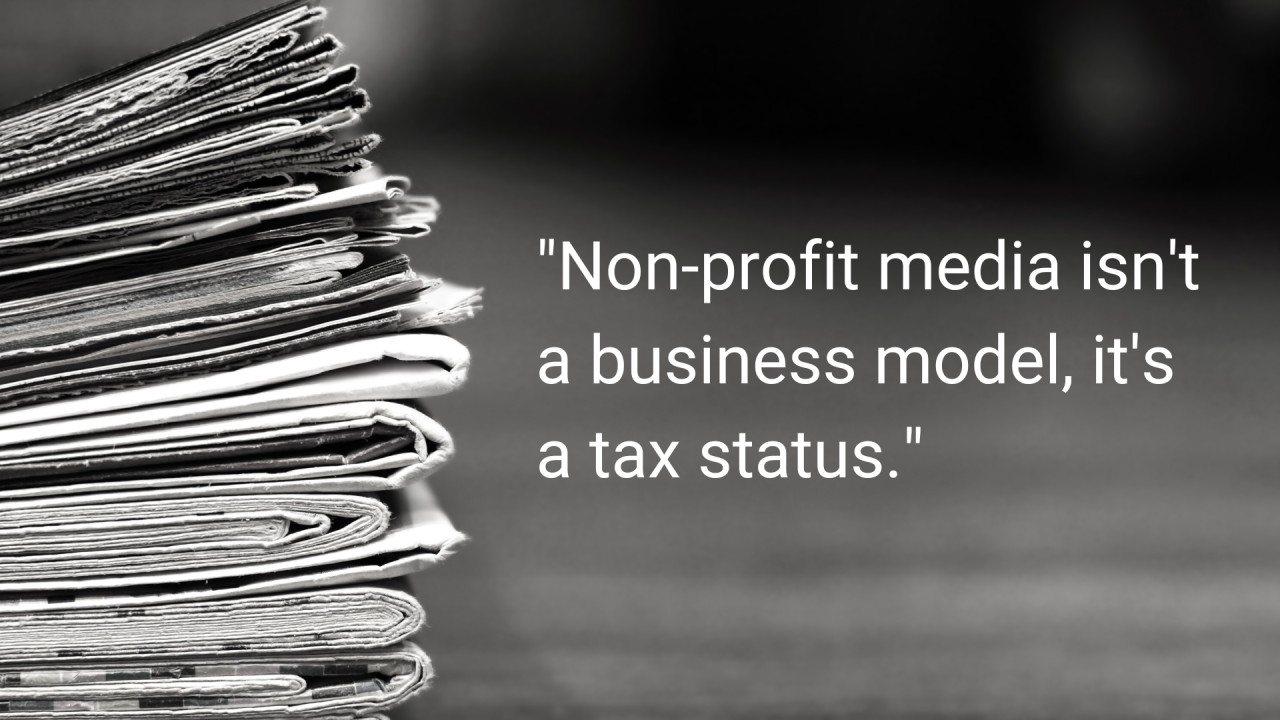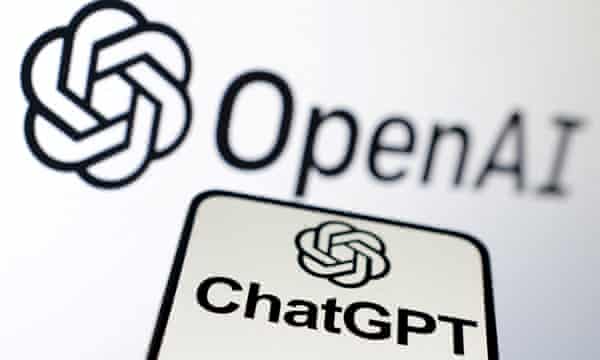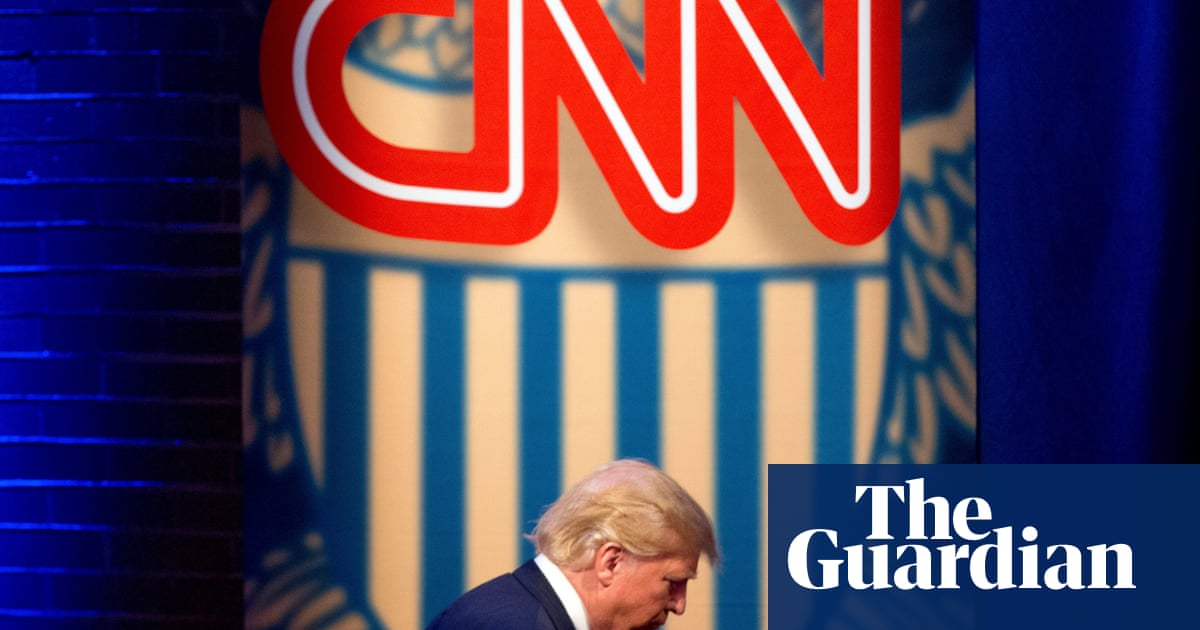- Digital Media Products, Strategy and Innovation by Kevin Anderson
- Posts
- 'Non-profit media isn't a business model, it's a tax status' - great advice for non-profit media management
'Non-profit media isn't a business model, it's a tax status' - great advice for non-profit media management
Local Substack newsletter allows journalist to quit his job with Meta
The Texas Tribune not only helped inspire a wave of non-profit newsrooms in the US but also sold its experience in the space as a way of earning revenue. So when it recently announced its first ever layoffs, questions were asked. Andrew Ramsammy has a reminder for anyone who suffered from romantic thinking about the non-profit model. “"Non-profit media isn't a business model, it's a tax status." Andrew offers some very useful advice for people looking to launch a non-profit. First off, it’s important to acknowledge that non-profits suffer from the same business challenges that for-profit companies do. He also points out that a large donation might lead an organisation to expand beyond its long-term revenue streams. Yup, and also philanthropy often comes with reporting requirements and many times a requirement to cover specific issues or areas. There is no such thing as a free lunch.
For my money, I would explore B-corp status. It has its own requirements, but I think that it helps align the missional aspects of journalism with the business. It doesn’t mean that you don’t have to make money, but it does mean that your missional goals are baked into the enterprise.
While much of the attention in English-language media is about the travails of local media in the US and UK, The Fix rounds up efforts to support local media across Europe. This really describes a common issue: “Local media often prioritise community service over economic viability. This leads to precarious financial standing for the outlet in the medium and long term. Lack of funding also puts more pressure on the journalists and reporters as they would then need to do their work on a voluntary basis.”
This is a great piece about the hit model of media. “In an apparent contradiction, the internet both fragments and concentrates attention.” Yes, and with every new format - like podcasts - there is a period of massive expansion when new players can rapidly stake a claim to attention before major players get involved. It’s an exciting time, but eventually, consolidation takes place. A thoughtful piece maybe to read over the weekend.
One of the things that my master’s degree gave me was a deep appreciation of the power of qualitative research. I’m a data geek at heart, but I learned how critical adding qualitative data is in terms of product development and research. Here is a case study from Oz about how Nine uses a community platform to conduct qualitative research to canvas its audience in a much more informal and consistent way.
I had heard about this through the former Guardian employees’ network. I was at the Guardian when we launched the local project, and while I had my doubts about the positioning of the project, I was saddened to see that it only had a year-long runway to test the idea. The journalists were doing exactly the right things. It’s good to see one of the team take what they learned and apply it to the modern local model. It’s another data point in how newsletters are now the MVP - minimum viable product - of local journalism.
Media companies might not be presenting a united front on the IP issues related to AI, but The Guardian has joined a growing group of major news groups that are blocking OpenAI’s GPTBot crawler.
We are now onto our second and third round of stories about Mark Thompson taking the helm at CNN. Personally, I think that 24-hour cable news channels are an anachronism. They are powerful when a major news event demands live coverage, but most news doesn’t require the wall-to-wall coverage that can be done on a 24-hour channel. However, the ability to go live when you need to and have the capacity to be on demand at other times, I think there is something compelling there.
Poynter highlights a story that was making the rounds in journalism Twitter last week about a family in Pennsylvania that was fighting each other over the sale of four titles it owns to vulture fund Alden Global Capital. And Poynter calls for new policy to prevent more consolidation in local media in the US.
Social media and creator economy roundup
I have to say that there was a time when I thought that Substack was pivoting its way to oblivion, but it finally seems to have put the product features together that have created a compelling network media play with newsletters, podcasts and a social network coming together to support the creators.
And we have more news about Meta stepping back from news as it faces more regulation globally. Canada is trying to make its case for a new law that requires Facebook to pay news outlets. Meta isn’t biting and will continue to block news in the country. And in Europe, Meta is closing its new tab. Also in Europe, it is considering a subscription offering that would eliminate ads.









/cloudfront-us-east-2.images.arcpublishing.com/reuters/U2WDCLNW2BISNKHWF4ZDAGHC2E.jpg)

